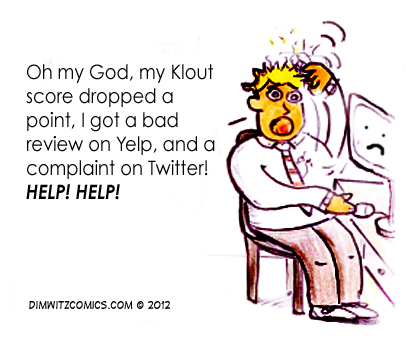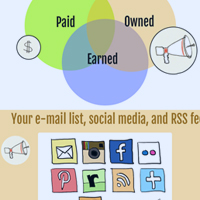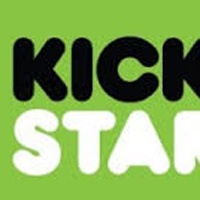1.) Put up a Google alert for yourself, your brand, your products, and your services. The moment something negative gets indexed in Google, you are on top of it, ready for whatever action you need take: google.com/alerts. Read this article on how to connect Google Alerts to IFTTT.
2.) If something ever does come up, I have had success in the past for clients, by asking Google to remove the page if they thought it was both unfair and harming their business, I believe a current link for that can be found here:
http://support.google.com/webmasters/bin/answer.py?hl=en&answer=1663637
3.) Have a Twitter account. When people tweet at you, you will be able to respond in real time, and publicly to diffuse a situation. Use a program IFTTT or Zapier to be automatically messaged when someone tweets at you.
4.) Use Skweal to manage damning negative feedback.
If your company is big enough, it may merit registering domain name variants of your website that would be pertaining to negative things. For example if your product was "widget", you'd maybe purchase widgetsucks.com, etc. to insure that online vandals and disgruntle customers can't. This is the reason Verizon owns VerizonSucks.com, take a look: http://whois.domaintools.com/verizonsucks.com
5.) Avoid high price SEO firms or social media consultants that would charge you exorbitant amounts to manage your online image by doing the very things outlined here you can do yourself.
6.) Lastly, understand that not all negative feedback is wrong, or even necessarily damning, and it certainly is a growth opportunity for yourself or your business to become better. In those instances, admit the mistake, and try to make amends with the person(s). In a similar fashion, always conduct yourself and your business in such a way as to minimize negative feedback in the first place! Think twice before sending off an email, publishing debatable web copy etc., or releasing an unfinished product or service.
 7.) Have a strategy: Whether you are a Fortune 500, or soley a personal brand of one, you need to have a total social media strategy. Part of that strategy should include a crisis plan, where you outline the various types of brand management problems you might run into, and rules for dealing with them if and when they arrive.
7.) Have a strategy: Whether you are a Fortune 500, or soley a personal brand of one, you need to have a total social media strategy. Part of that strategy should include a crisis plan, where you outline the various types of brand management problems you might run into, and rules for dealing with them if and when they arrive.
8.) Daniel Bliley, Director of Marketing at Passport offers:
"The biggest thing you can do to manage your brand online is heightening your awareness. You have to own the conversations that are taking place. Companies like Percolate help track down mentions across channels and allow for quick responses with tools to make sure you stay consistent and on brand voice"
9.) Build a proper online brand from the beginning to minimize a crisis down the road. I reccomend the read You Are a Brand!:




















